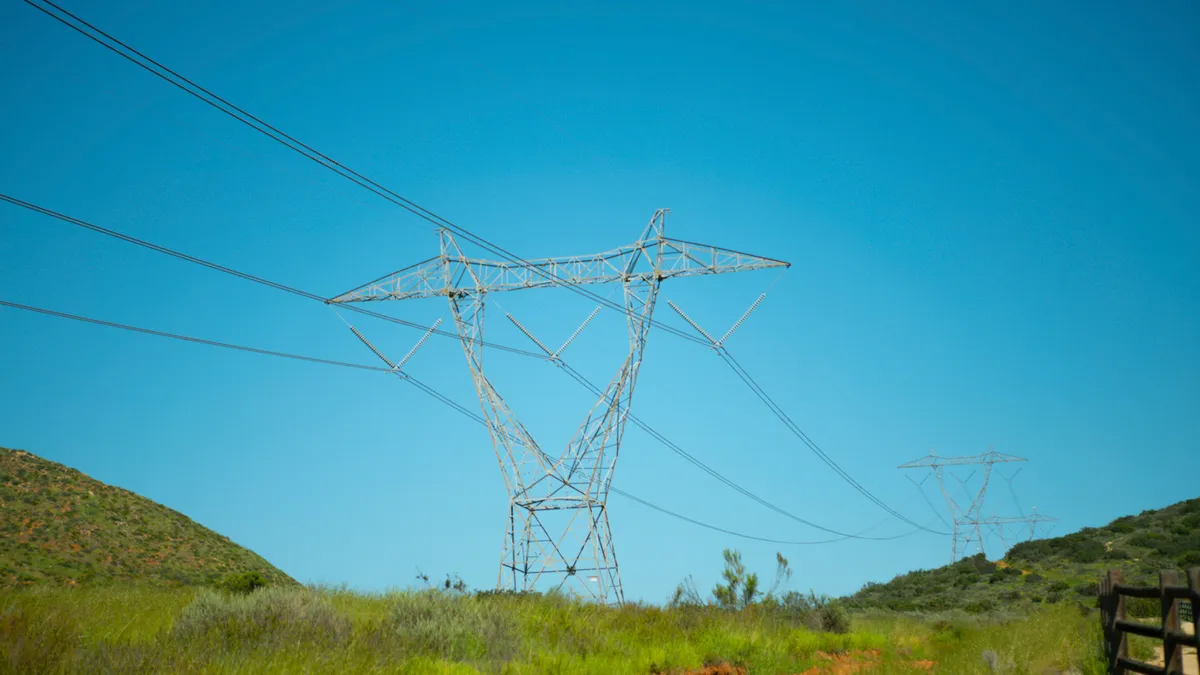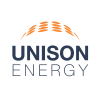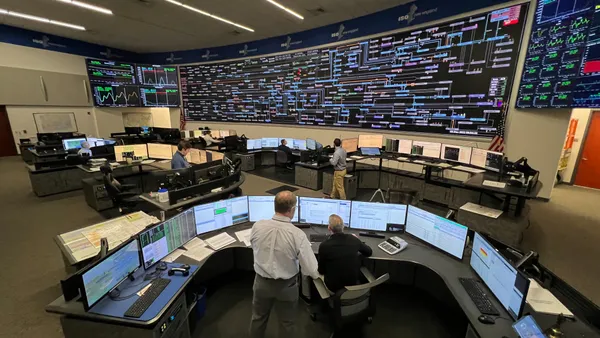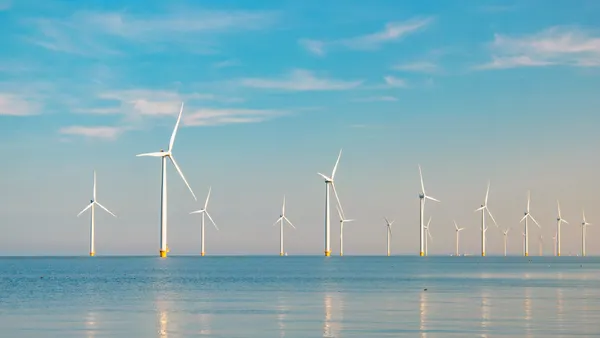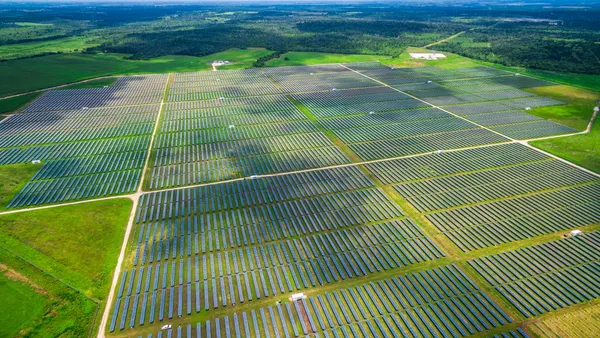Dive Brief:
-
Seventy-one percent of large energy buyers surveyed by the Granular Certificate Trading Alliance say they plan to buy or retire granular energy certificates in North America within the next three years.
-
If the respondents follow through on the plans they reported to the survey, their purchases would represent 17 TWh of demand for granular energy certificates by 2026, according to the survey released Tuesday.
-
Granular energy certificates are stamped with time and location data to enable organizations to match their energy use to carbon emissions on an hourly basis. LevelTen Energy, a member of the Granular Certificate Trading Alliance alongside entities like Google, Microsoft and Constellation, plans to hold its first auction of granular certificates in early 2025.
Dive Insight:
Some of the world's largest buyers of renewable energy — including data center operators and tech companies — continue to show a strong interest in purchasing granular energy certificates to support 24-7 clean energy goals. But their interest does not come without some concerns, according to the survey released Tuesday by the Granular Certificate Trading Alliance.
The survey focused on 18 large energy buyers already engaged with the GC Trading Alliance or its members, each with annual load in excess of 1 GW per year. Thirty-nine percent of respondents worked for software development or information technology services companies, while the rest spanned industries from energy suppliers and manufacturers to government, health care and financial services.
Some of the responding organizations will have early access to the first GC auctions on LevelTen Energy's trading platform, which are currently slated for early 2025, according to Katie Soroye, vice president of granular procurement solutions at LevelTen Energy. A few energy products with hourly emissions data are already available on the market, but the survey did not inquire whether respondents had already availed themselves of these options, Soroye said.
While the granular certificates will function more like renewable energy credits in the sense that these contracts won't involve the exchange of actual electrons, Soroye said the GC Trading Alliance survey signaled a robust market for the new energy product. Thirty-nine percent of respondents said they considered access granular certificates “extremely important” to meeting their carbon-free energy goals.
But another third of respondents, Soroye said, also indicated they didn't have enough information about how granular certificates work to make a decision about whether they would purchase or trade them.
Half or respondents also said that GC pricing and budget constraints represented a concern within their organization, but Soroye said it's still too early to say what the new energy certificates will cost. Potential pricing data won't be available until after the first pilot auction is held in 2025, Soroye said. That auction may include certificates from wind, solar and nuclear energy assets, and prices for certificates from different energy sources may vary, she said.
The theory behind the granular certificates is that having an ability to buy and sell energy attributes on an hourly basis should eliminate the need to over-procure power purchase agreements or RECs to offset a company's emissions profile, according to Soroye. That should make renewable energy procurement more efficient, but what it will cost to buy GCs that cover overnight hours or other difficult generation gaps remains unclear, she said.
More than a third of survey respondents also expressed concerns about the limitations of tracking and reporting accurate emissions and generation data on an hourly basis, which Soroye acknowledged is an area that the GC Trading Alliance continues to troubleshoot. LevelTen Energy issued an RFP on Tuesday seeking bids from registry operators and software developers to support a new project that aims to modernize energy attribute registries.


